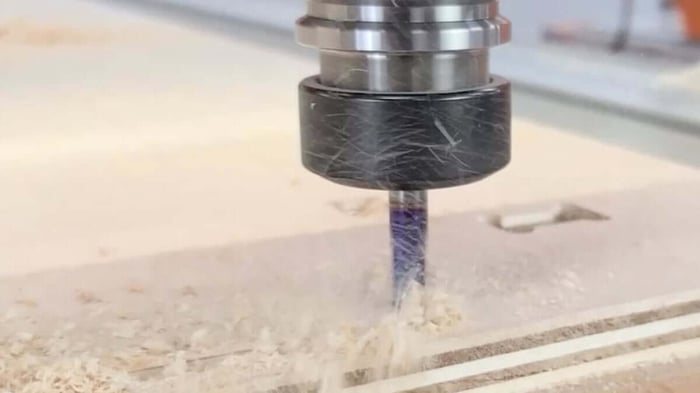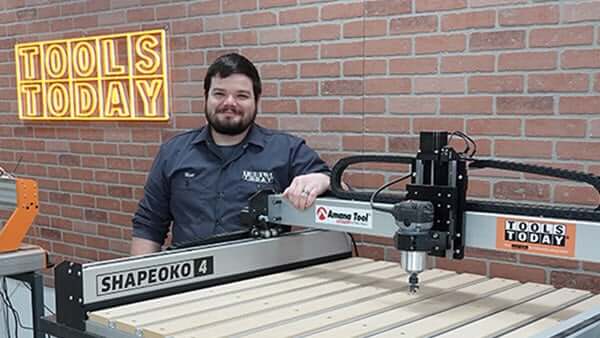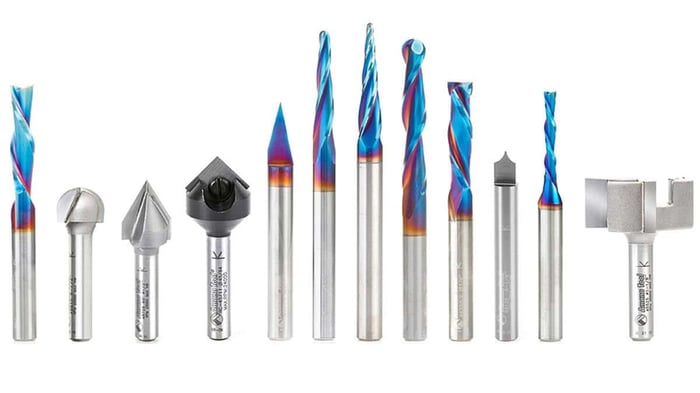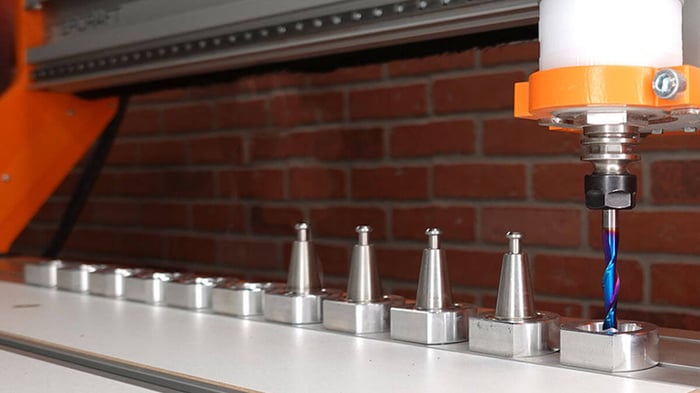
Applications and Uses of CNC Machines
CNC machines have revolutionized modern manufacturing by automating precision cutting, carving, milling, and shaping across a wide range of materials. From aerospace components to custom wood signage, CNC technology enables faster production, greater accuracy, and limitless design possibilities. In this article, we'll look at the different types of CNC machines and how they’re used across industries.
What Are CNC Machines?
CNC stands for Computer Numerical Control. These machines use software and programmable code—usually G-code—to control the movement of tools and machinery. They can automate tasks like cutting, milling, engraving, and drilling with consistent precision.
How Do CNC Machines Work?
Operators create or import a digital design into CAM (Computer-Aided Manufacturing) software, which translates it into toolpaths. These toolpaths guide the machine's movement along multiple axes (typically X, Y, and Z) to shape or cut the material according to the design.
What Are the Different Types of CNC Machines?
1. Milling Machines
Use rotating cutting tools to remove material from a workpiece. Ideal for machining flat surfaces, pockets, and complex shapes in metal or plastic.
2. Lathes
Spin the material while a stationary cutting tool removes excess. Common in making cylindrical parts like shafts, knobs, and pulleys.
3. Plasma Cutters
Use a high-velocity jet of ionized gas (plasma) to cut through electrically conductive materials such as steel, aluminum, and brass.
4. Laser Cutters
Use concentrated laser beams to make precise cuts and engravings in wood, acrylic, metal, and more. Excellent for detailed decorative work and signage.
5. 3D Printers
Use additive manufacturing techniques to build parts layer-by-layer from materials like plastic filament, resin, or metal powders.
6. CNC Router Machines
CNC routers specialize in cutting, carving, and shaping softer materials such as wood, plastic, foam, and certain composites. They’re commonly used in:
- Cabinetry and custom furniture
- Sign-making and engraving
- 3D relief carving and decorative panels
These machines are especially popular among woodworkers and small manufacturers. ToolsToday.com offers a wide range of CNC router bits, collets, and accessories optimized for this type of machine.
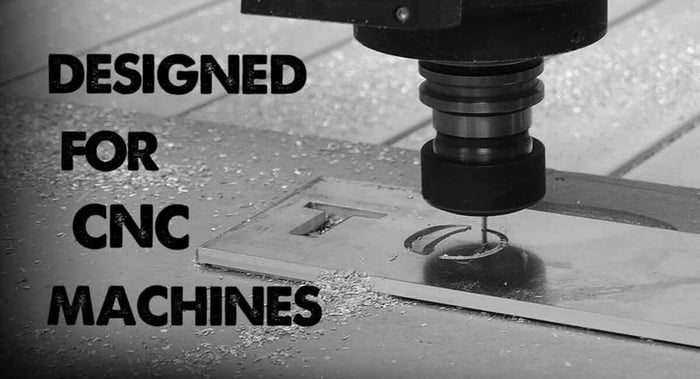 ToolsToday carries a wide selection of CNC Router Bits & Insert Bits, as well as CNC Router Accessories
ToolsToday carries a wide selection of CNC Router Bits & Insert Bits, as well as CNC Router AccessoriesWhat Are the Applications of CNC Machines?
1. Manufacturing
CNC machines streamline both high-volume production and small-batch fabrication, offering consistency and scalability.
2. Automotive Industry
Used to manufacture engine components, interior panels, custom parts, and molds with high precision.
3. Aerospace Industry
Essential for machining lightweight, complex parts such as turbine blades and structural frames, where tolerance and reliability are critical.
4. Medical Industry
CNC machining produces implants, surgical instruments, and prosthetics with precise dimensions and smooth finishes.
5. Woodworking Industry
CNC routers have transformed woodworking by making it easy to:
- Cut cabinet panels and doors with repeatable accuracy
- Create intricate carvings, inlays, and sign designs
- Prototype furniture or architectural elements quickly
This makes CNC routers ideal for furniture makers, sign makers, and hobbyists looking to scale their craft or business. ToolsToday offers tooling specifically engineered for these applications.
How Are CNC Machines Used in Manufacturing?
1. Precision Machining
Complex geometries can be machined to exact tolerances—critical in industries like aerospace and medical device manufacturing.
2. Mass Production
Once programmed, CNC machines can produce thousands of identical parts with minimal variation and low labor costs.
3. Prototyping
Ideal for quickly turning CAD models into physical parts during product development, allowing for faster iterations and testing.
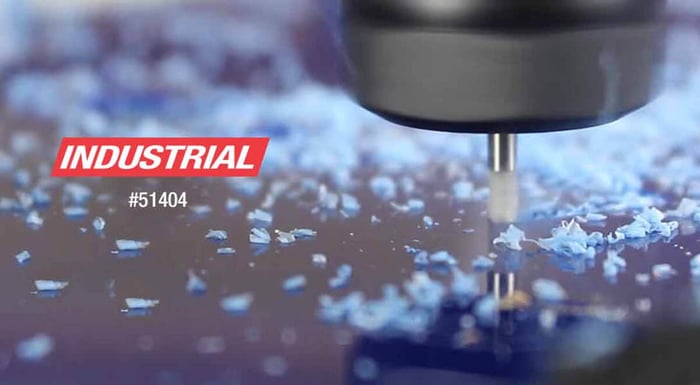 Solid carbide Spiral ‘O’ flute plastic cutting router bits produce super-clean cuts in melty materials.
Solid carbide Spiral ‘O’ flute plastic cutting router bits produce super-clean cuts in melty materials. What Are the Advantages of Using CNC Machines?
1. Increased Efficiency
CNC machines run continuously and require minimal manual intervention, boosting output and reducing downtime.
2. Improved Precision and Accuracy
Capable of micron-level tolerances, ensuring high-quality and consistent parts across every production run.
3. Cost Savings
Lower labor costs, faster turnaround, and reduced material waste contribute to better margins and scalability.
4. Flexibility and Versatility
CNC machines can be quickly reprogrammed for new tasks, making them adaptable to changing design needs and batch sizes.
What Are the Safety Considerations When Using CNC Machines?
Operators should always wear safety goggles and hearing protection. CNC routers, in particular, create fine dust and require adequate dust extraction. Emergency stop buttons, proper fixturing, and software-controlled safety protocols are essential for preventing accidents.



